Wolves facing reduced protection status
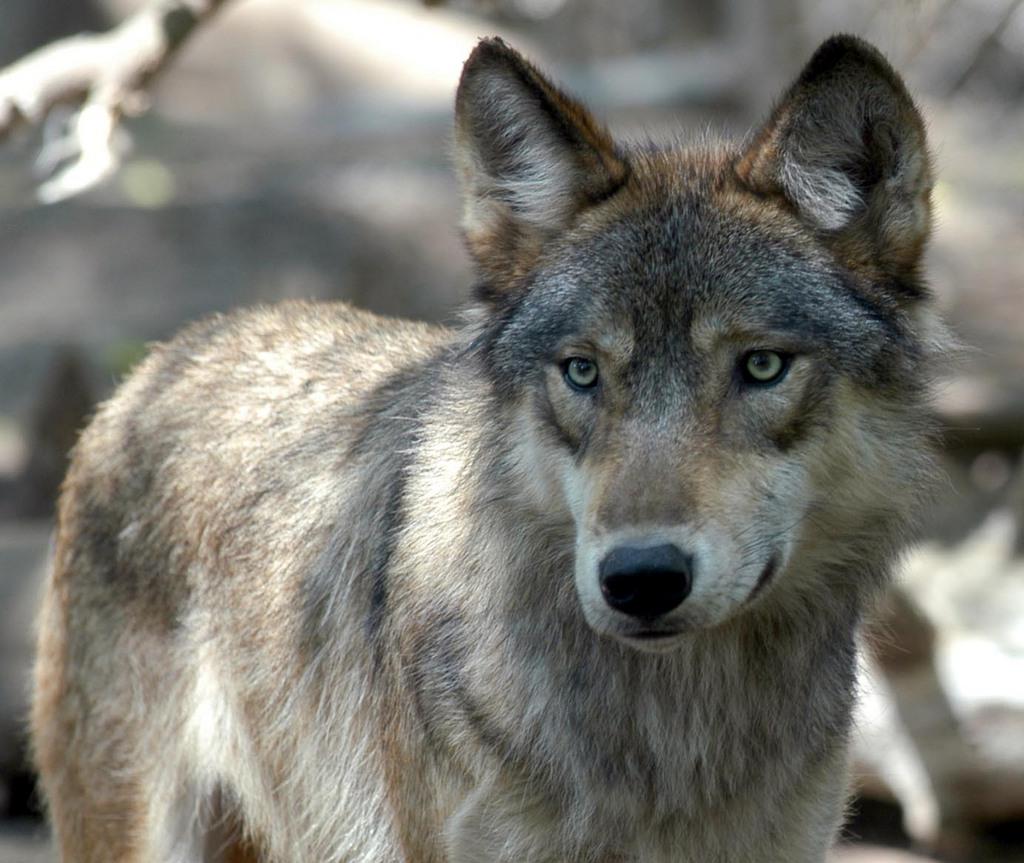
The Swiss government wants to downgrade the protection status of wolves. Another change to the law could lead to more wolves being hunted down and killed.
On Wednesday the Swiss cabinet announced that it wanted to change the wolf’s status from “strictly protected” to “protected”, which would put the large carnivore on a par with more plentiful species found in Switzerland, like ibex and lynx. The 30-40 wolves living in Switzerland are currently protected under the Council of Europe’s Bern ConventionExternal link, a binding international legal agreement.
The protection status of the wolf has long been a topic of passionate debate in Switzerland, primarily because of attacks on sheep. In 2016, wolves killed 389 sheep and other farm animals – most of them in canton Valais in south-western Switzerland. That same year, around 5,000 Swiss sheep died on account of illness, falling down mountains, or being struck by lightning.
Currently, the Federal Office for the EnvironmentExternal link must issue permission to hunt down any so-called “problem” animals. A problem wolf is defined as one that kills 25 sheep or other farm animals within a month. The cabinet’s proposed revision of Swiss hunting laws would also give the individual cantons the power to decide whether wolves or other protected species can be hunted down and killed.
As long as their overall population is not put at risk, individual animals that cause significant damage or pose a danger to people could be shot. Other species that would be affected under the new legislation include beavers, lynx, ibex and swans.
Political debates
In recent years, both the Senate and the House of Representatives have discussed the management of the Swiss wolf population. For example, a 2014 motion from canton Valais called for wolves to be completely stripped of their protected status and declared fair game for hunting throughout the year. In 2016, the Senate rejected the motion, but the House of Representatives accepted it.
This year, a people’s initiative calling for Valais to be a “predator-free” zone garnered 9,500 signatures – which means the issue will come to a cantonal vote. It would include lynx and bears as well as wolves.
With its revisions to Swiss hunting legislation, the cabinet is looking for a more moderate approach that would still be in line with the Bern Convention. Now it’s up to the environment ministryExternal link to submit an application to the Council of Europe by the end of July 2018. The council already rejected a similar request from Switzerland in 2006.
Dismay from conservation groups
Swiss conservation groups Pro NaturaExternal link, WWF SwitzerlandExternal link and BirdLifeExternal link have expressed their dismay. In particular, they disapprove of the cantons having jurisdiction over the hunting of the wild animals.
“This is dangerous and unsuitable because major discrepancies in the handling of protected species are pre-programmed. This would be devastating for roaming species, like lynx, which pay no regard to national and certainly not to cantonal borders,” said the groups in a joint statement released on Wednesday.
Gabor von Bethlenfalvy, WWF Switzerland’s large predator specialist, told swissinfo.ch that the change of the wolf’s status is particularly worrying in combination with the changing hunting law.
“It’s really dangerous to let the cantons decide. There wouldn’t actually need to be any damage in order for an animal to be culled, and some cantons would really make use of that,” explained von Bethlenfalvy.
However, he does not currently see the change in protection status as such a major threat to wolves, as the Bern Convention may not agree to the downgrade.
“It’s a bit of a joke that Switzerland wants to downgrade it for population control because we only have three packs. It’s not necessary and not really credible. The government is doing this because there’s a strong anti-wolf movement, especially in some regions,” von Bethlenfalvy said.
Threat to biodiversity
The groups also pointed out the fact that it’s been just a few weeks since the government reported the dramatic decline in Swiss biodiversity, noting that the revised hunting law ignores the “positive influence of wolves and lynx on the health of forests and game, or the beaver’s on biodiversity”.
“With the draft hunting law adopted today, the biodiversity of Switzerland is not protected but diminished,” wrote the nature conservation groups in their joint statement.
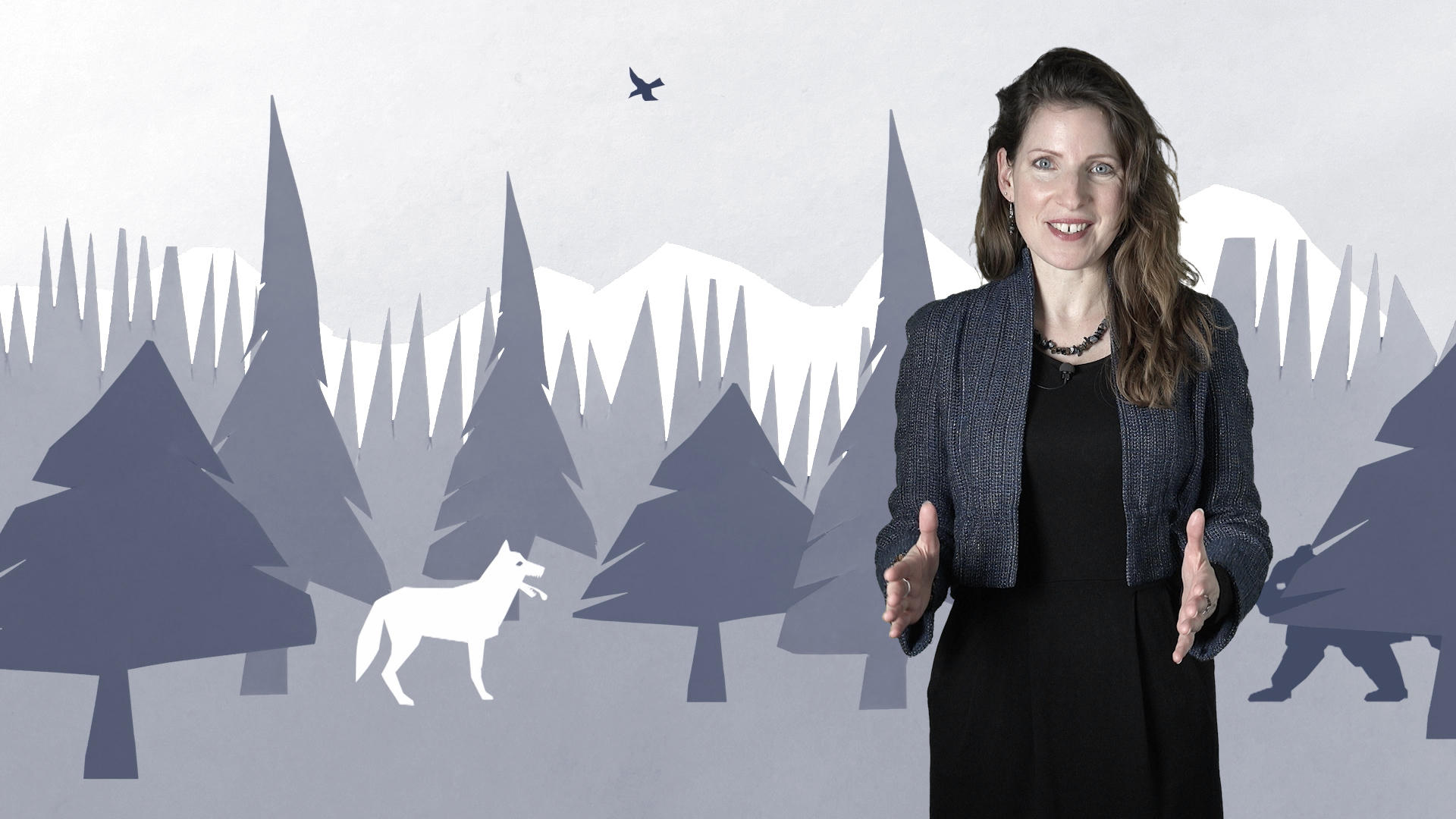
More
Wolves: welcome or worrying?

In compliance with the JTI standards
More: SWI swissinfo.ch certified by the Journalism Trust Initiative










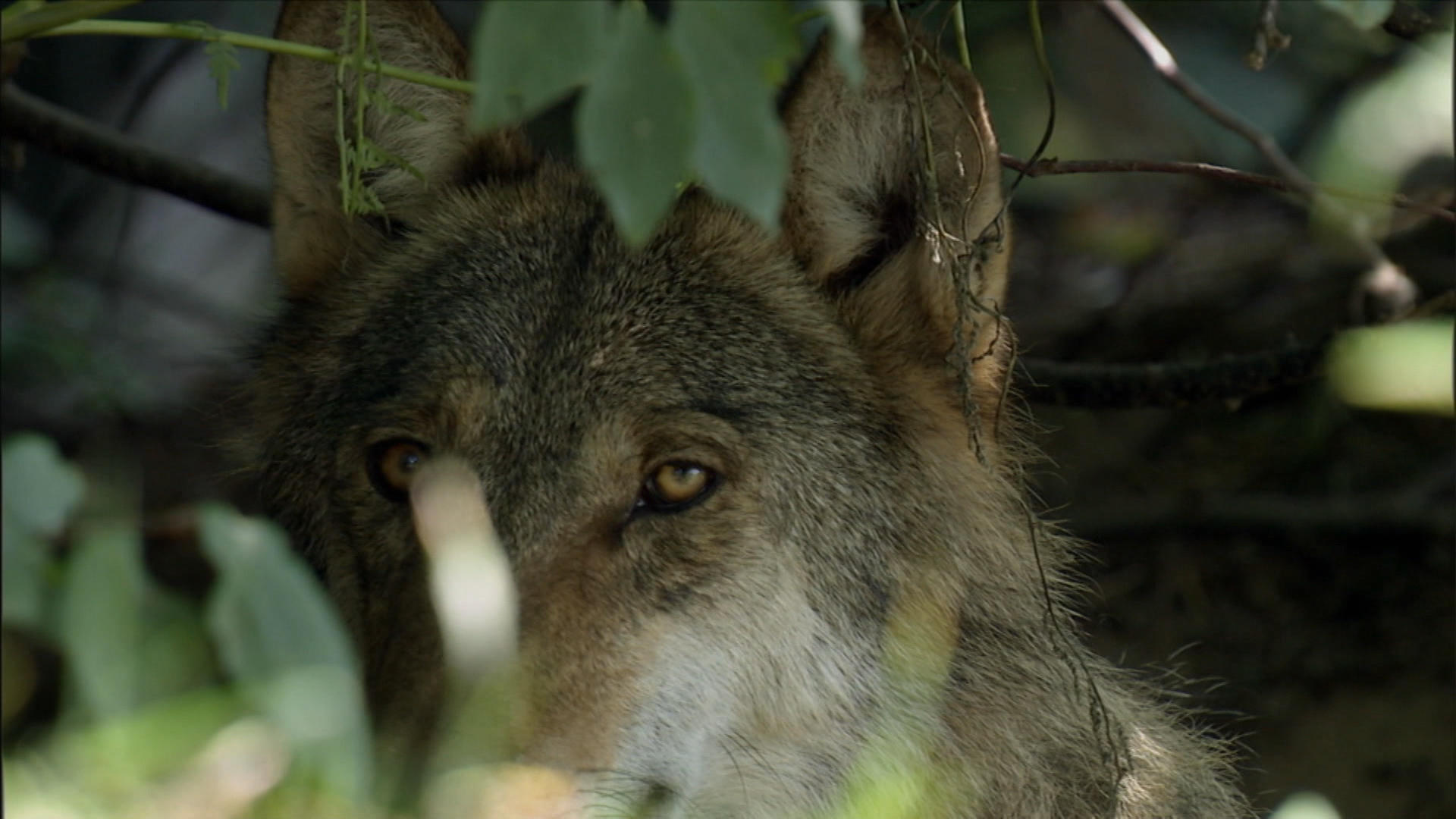
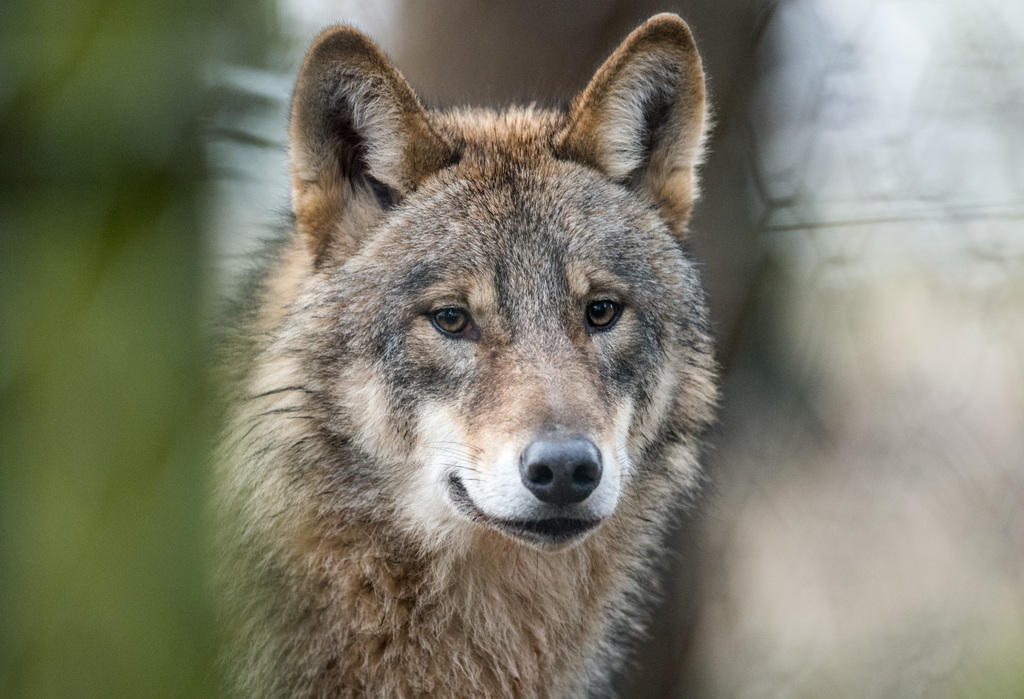

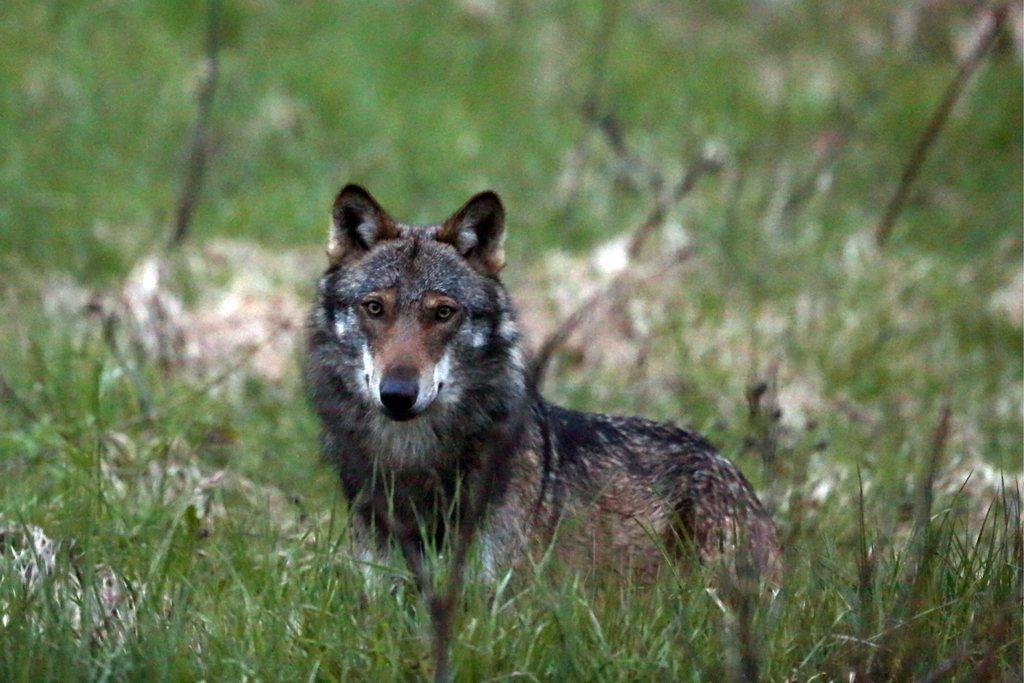
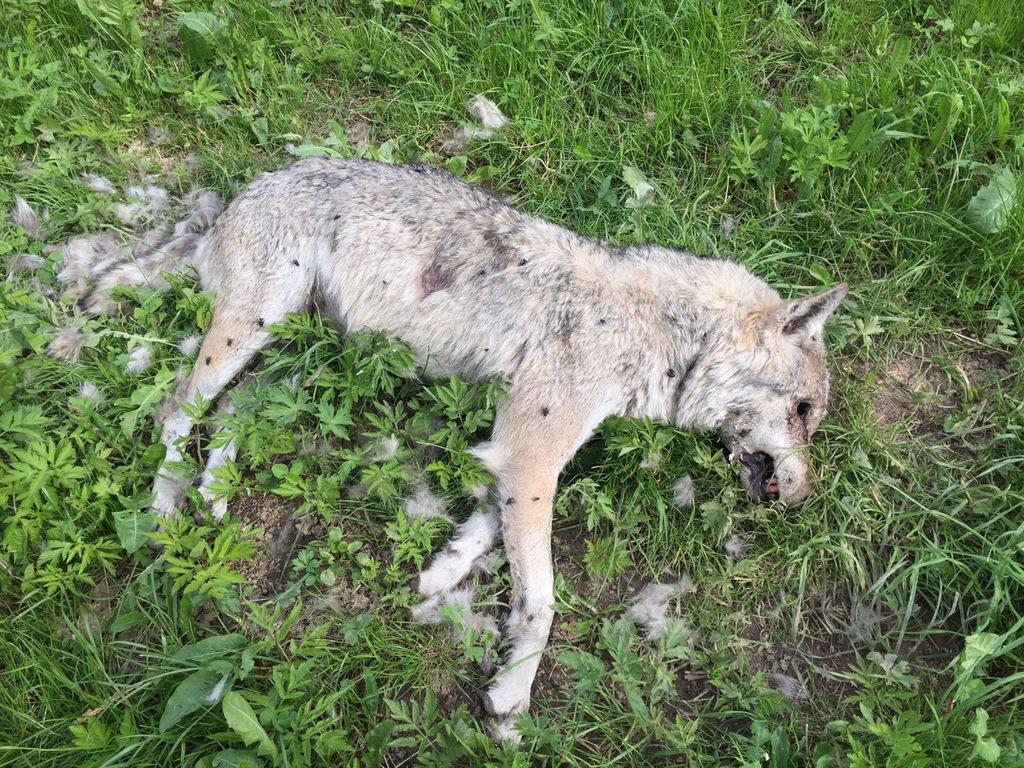
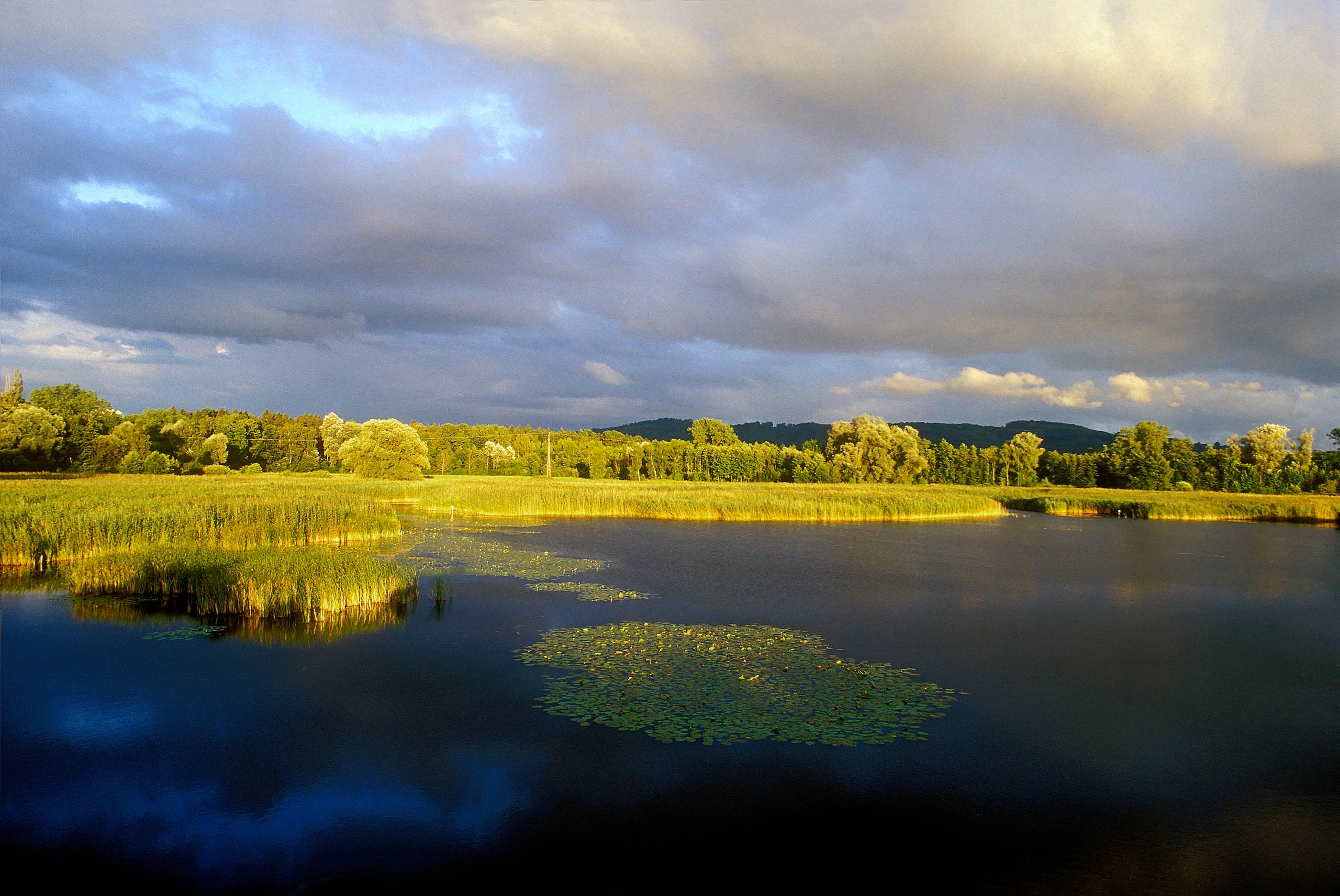
You can find an overview of ongoing debates with our journalists here . Please join us!
If you want to start a conversation about a topic raised in this article or want to report factual errors, email us at english@swissinfo.ch.